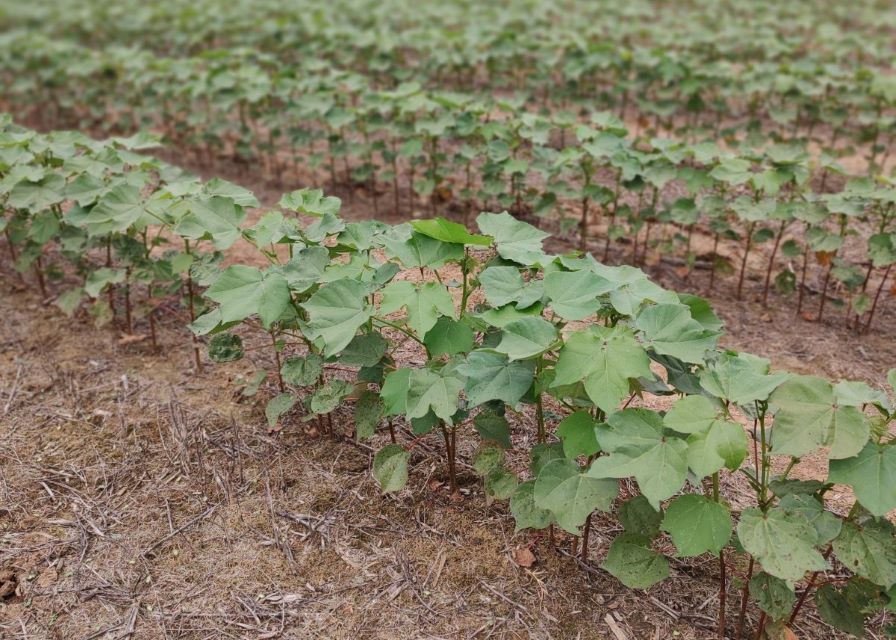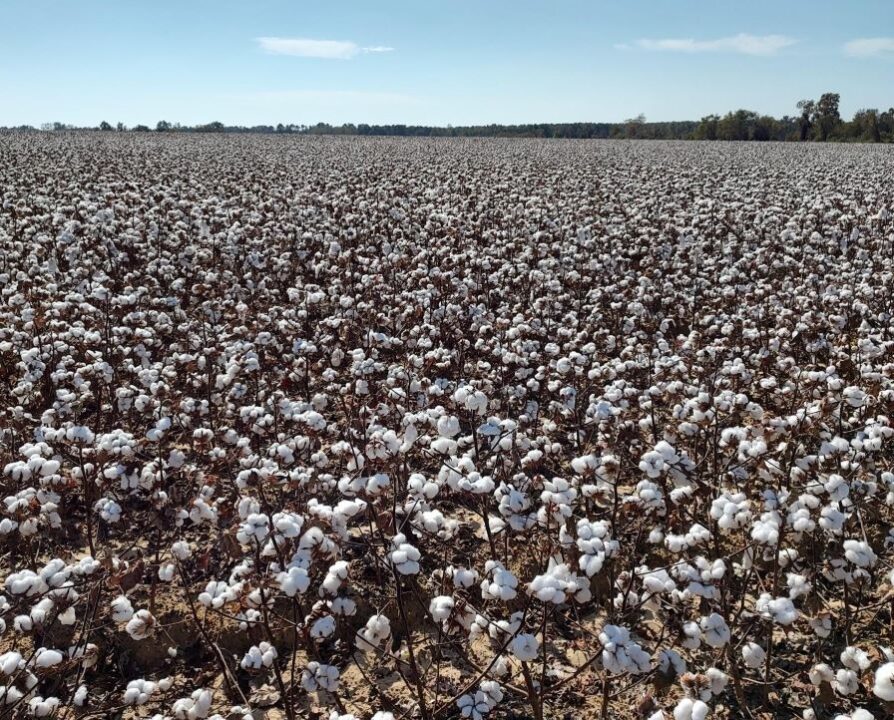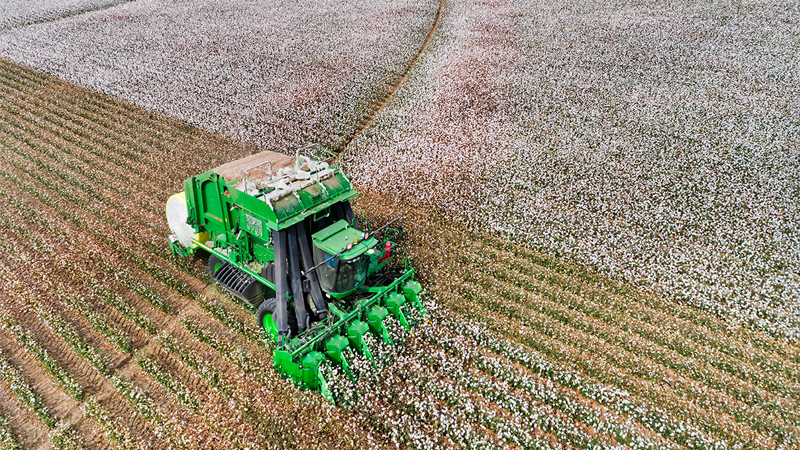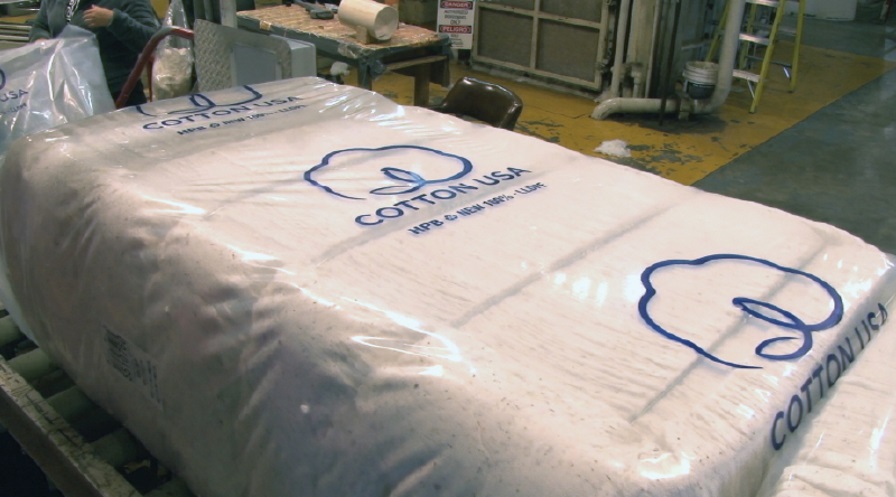Oilseed Designation for Cottonseed Stymied; Industry Responds
Several media and industry sources, including The Hagstrom Report, quote Agriculture Secretary Tom Vilsack as saying that USDA lawyers have determined the department does not have the authority to declare cottonseed an oilseed, making it eligible for coverage under the ARC and PLC programs.
Following a speech to the National Association of State Departments of Agriculture on February 3, Vilsack said Congress did not grant the authority in the 2014 farm bill and, through appropriations, does not allow it to use the Commodity Credit Corporation to provide the assistance to farmers or cotton gins.
Estimated price tag for the program over the next 10 years is $1 billion for the subsidies related to declaring cottonseed an oilseed.
In essence, Vilsack said that USDA wants to help, but is “a bit stymied by the barriers.”
Officials at the National Cotton Council were quick to comment with a statement.
“The National Cotton Council is extremely disappointed in Agriculture Secretary Vilsack’s comments today that USDA believes its legal interpretation of the farm bill does not provide the authority to make the cottonseed designation. We continue to believe, like a broad group of Members of Congress, that USDA clearly has this authority as described in the current farm bill. Our industry remains committed to pursuing a cottonseed designation and policy to help provide long-term stability to the industry.
“However, we appreciate the Secretary’s recognition of the industry’s growing need for assistance given the current economic circumstances and his willingness to explore ways of providing meaningful and timely assistance to the industry.”
The statement continues, “With the lowest U.S. cotton acreage in more than 30 years, the smallest exports in 15 years and cotton prices at their lowest level since the 2009 recession, economic pressure is mounting in the industry. Meanwhile, cotton demand, 10 percent below the peak observed in 2006, is struggling due to increased competition from synthetic fibers, and foreign governments’ support for international cotton production is increasing. To help address the current economic climate, we will continue working with Congress and USDA to find ways to help address the significant challenges facing the U.S. cotton industry.
Following news of the Secretary’s comments, House Agriculture Committee Chairman Michael Conaway (R-TX) also commented on the situation.
“I greatly appreciate that Secretary Vilsack has been taking time to consider the request made by me and more than 100 members of Congress to exercise his authority under the law to allow cottonseed to participate alongside other oilseeds under the Farm Bill,” said Conaway. “The heavy subsidies and protectionist policies put in place by China, India and other major players have deeply depressed the global cotton market and now seriously jeopardize the livelihoods of thousands of American farm families and an important sector of our nation’s economy.
“Time and again the Secretary has used the tools made available to him under the law to respond to a crisis in agriculture. The current economic situation for cotton farmers is dire, and it warrants the same urgent and meaningful action by the Department.
He added, “Because I have not received an official reply to our request from the Department, but have only read media reports speculating on the Department’s intended course of action on this matter, I would simply underscore that U.S. farm policy absolutely hinges on Washington showing the same level of empathy for farmers and ranchers around the country irrespective of where they farm or what they raise.
“The Department has not only the legal authority to designate cottonseed as an ‘other oilseed,’ but the responsibility to act, and I trust that the Secretary is sensitive to the situation and shares my commitment and the commitment of so many others that this matter must be meaningfully responded to in a timely way.”
Sources – The Hagstrom Report, House Committee on Agriculture, National Cotton Council









